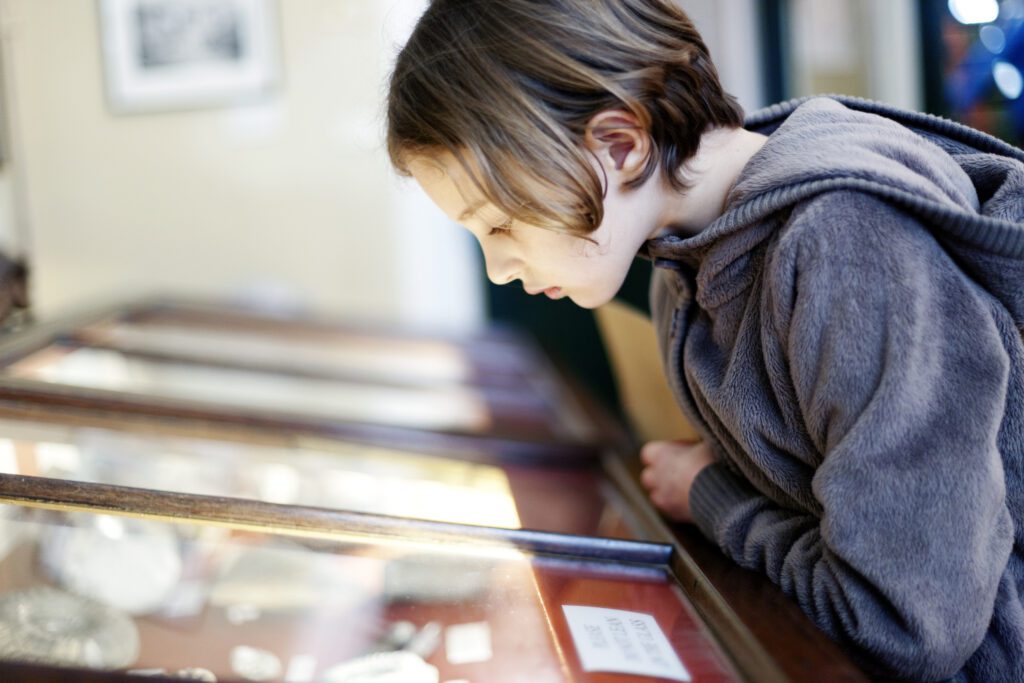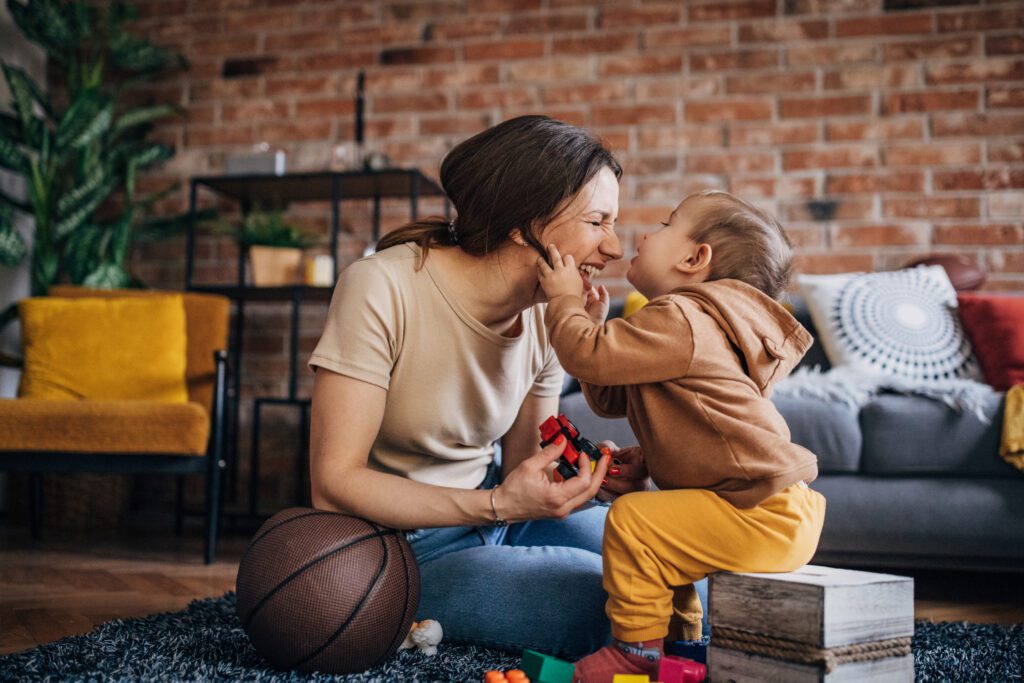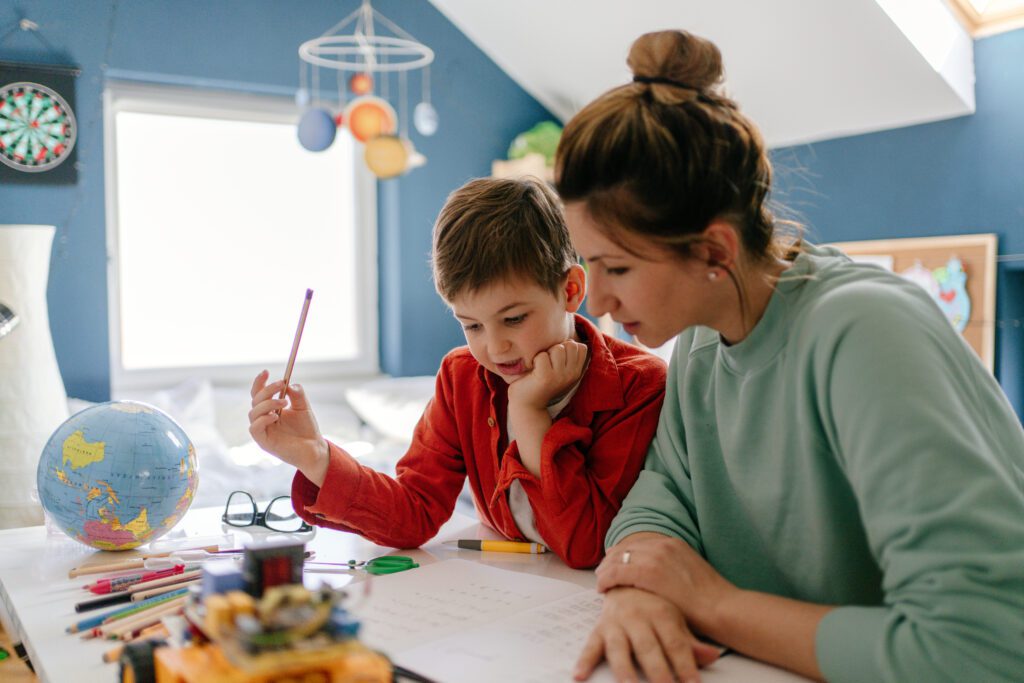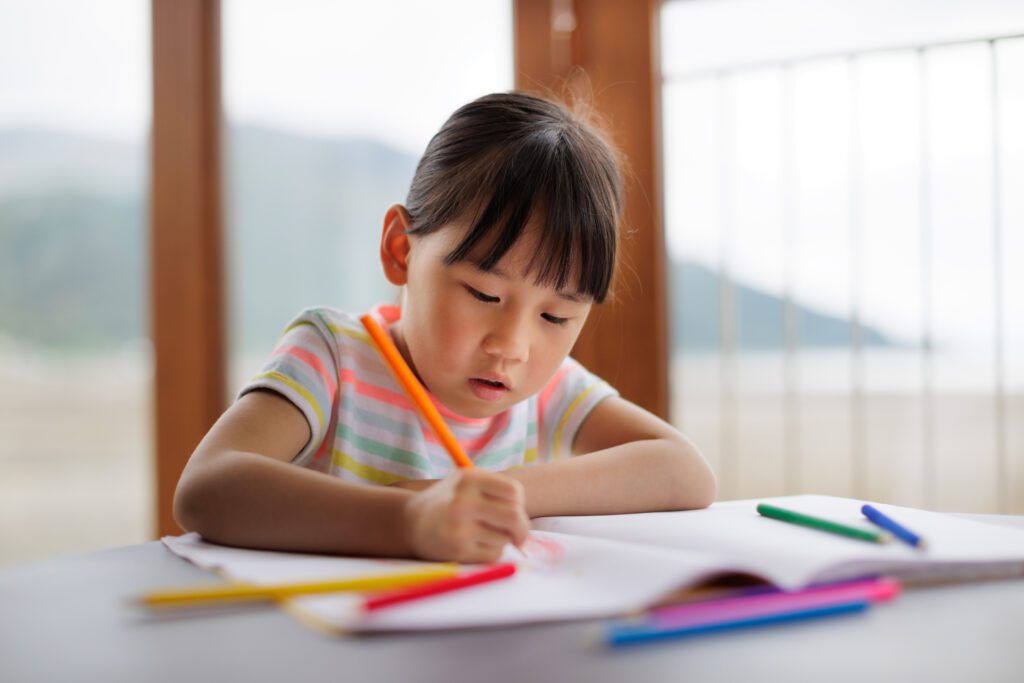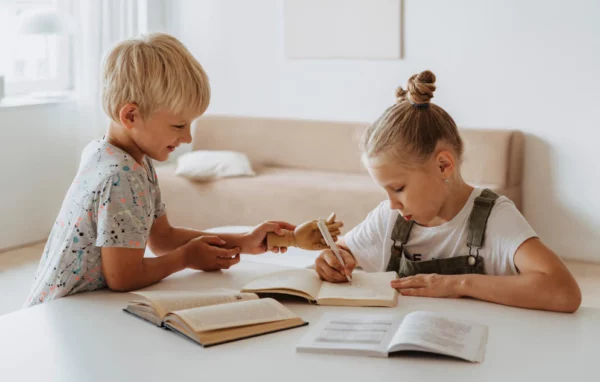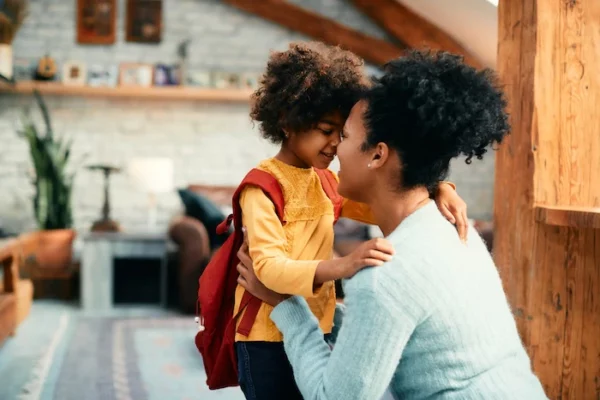

Why Is It Important to Say Goodbye?
Share
I was recently part of an online discussion on this subject.
This was the request received online from a mother of child 18 months
“Why is it recommended that parents should say goodbye to their children, rather than sneak away when they play happily in their childcare setting?
Is it to help them feel secure and to know that mummy and daddy will come back later?
When we do this our son gets very upset and takes 5 or 10 minutes to settle, whereas when we sneak out we leave him playing happily and there seems little trauma in relation to separation, he doesn’t even seem to notice that we have left.
I don’t currently know if us not saying goodbye is causing any other unmet needs like anxiety or nervousness around us not coming back, he generally seems happy when we come back, but of course, I don’t know. Communicating with him about his needs at this point is not really possible as he is 18mths old.”
Importance of saying goodbye
I really enjoyed this response which was posted by Sarah Peyton and Bonnie Badenoch USA. (Bonnie Badenoch wrote Being a Brain-wise Therapist)
“Saying goodbye is important, but sometimes hard for parents because they have difficulty tolerating their child’s cries. Securely attached children cry upon departure, but then settle down – so this sounds right. By having a routine of saying goodbye and then returning later, he will gradually develop neural nets for this pattern of transition and feel more and more secure upon their departure because of the awareness that there will be a return. Without the goodbye, there’s no pattern developing, and sneaking isn’t going to work much longer anyway. So, at some point, he is going to notice you going and have to start from that point. Being able to tolerate our children’s cries is so important so our children know that crying is the appropriate response to something that hurts. In the big picture, he “needs” to learn about goodbye and hello again, and the tears in the small picture are a steppingstone to that.
For the brain, the neural nets that develop when we are small hold a prediction of how the world will be, a prediction that we carry on through the rest of our lives.
- Are we safe?
- Is the world more or less predictable?
- Do we need to be hyper vigilant about where people we love are to keep them from disappearing? Do we know we matter to those around us?
- The more we are present for our children’s reactions to the world and our schedules, the more they are able to hold transition with care and self-compassion throughout their lives.”
Managing emotional separation
Separation/transition anxieties and emotional distress can be very upsetting for parents and carers, but managing these times are so very important; it is these very early experiences that can impact our adult lives… Responses and subsequent behaviour to transitions and separations will be borne out of how they have made sense of these early experiences.
Most of us have no conscious memory of our infancy and find it difficult to recall experiences before the age of around three years, but this does not mean that these experiences aren’t being coded in our memory. Our hippo campus (the brain nucleus that lays down long term memory) is fully mature by around one year and it seems that emotional responses are coded here from birth, or maybe even in the womb. Experiences travel through our senses long before we can rationalise them, in fact our ability to think symbolically, creatively, and rationally does not emerge until around 18 months.
The role of the person supporting the distressed child literally helps that child get wired up for the future…. Margot Sunderland - The Science of Parenting says:
“Will your child be tormented by lower (reptilian) brain systems repeatedly triggering primitive impulses of defence and attack?
Or will he feel so much hurt that he cuts off from the strong feelings of love and need in his mammalian brain, going through life in an over-rational way, unable to form close relationships?
Or will his rational brain coordinate with the emotional systems in his mammalian brain in ways that allow him to enjoy the highest level of social intelligence with the deepest level of human compassion and concern?”
Here are a few tips on how to manage emotional distress in a way that supports a child developing the deepest level of human compassion and concern:
- Keep calm.
- Step into their world and gain a real sense of what they feel and need.
- Soothe them, through words, touch, embrace, rocking, tone of voice and connection with eyes.
- Let them know that it is OK to express their emotions and help them to feel safe throughout the process.
- When the emotional balance has been restored and if they are old enough, talk through the situation.
- Read stories about emotions.
Communicating with compassion is the key - I wonder what your thoughts are on this?



